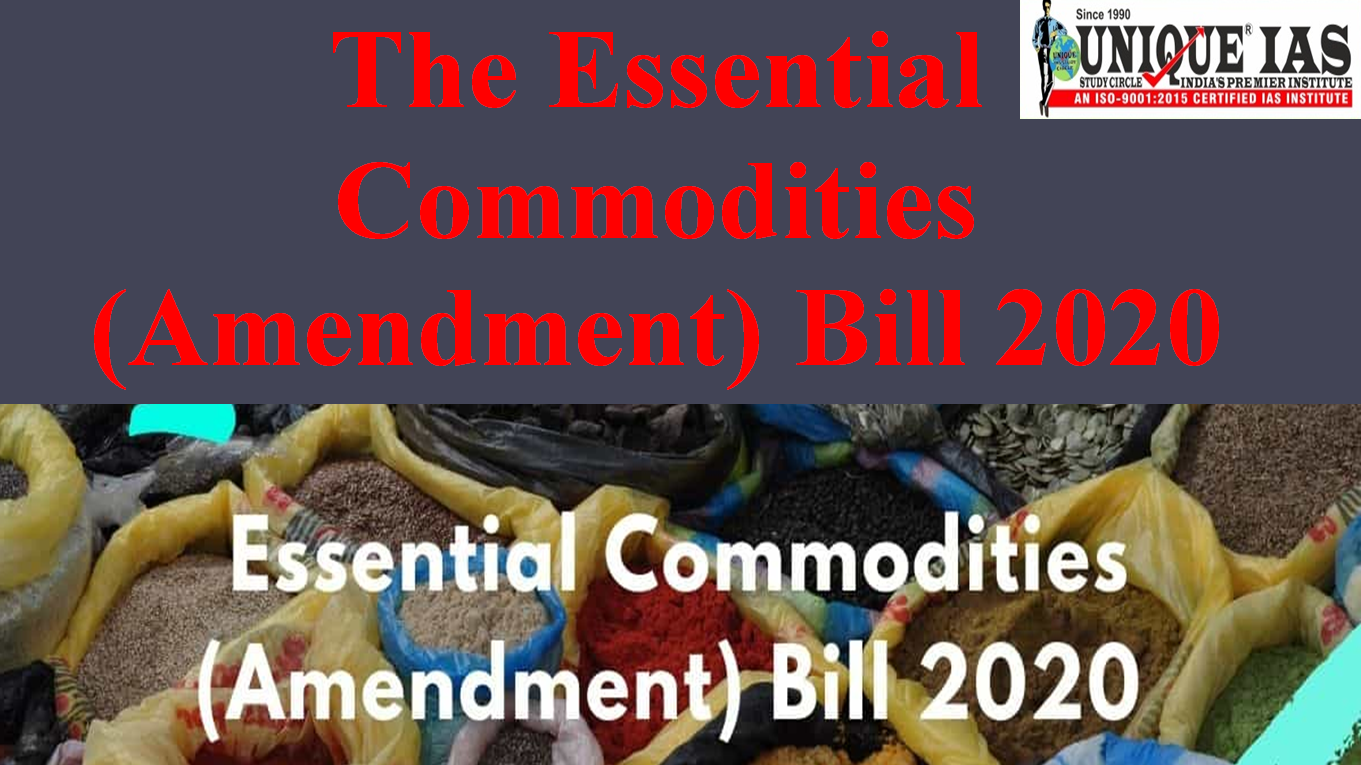Banning Party Name on Religious
Why in News
The Delhi High Court has mentioned that the issues raised in a petition seeking de-registration of political parties having names with caste, religious, ethnic or linguistic connotations and flags resembling the tricolour have to be decided by the Parliament as it is not in the domain of judiciary.
Important Points
• It has referred to political parties such as Hindu Sena, All India Majlis-e-IttehadulMuslimeen and Indian Union Muslim League as examples of names with religious connotations and said this was "against the spirit" of the Representation of Peoples Act(RPA)and the Model Code of Conduct.
• Also in addition, there are many political parties including the Indian National Congress, which use a flag similar to the national flag, which is also against the spirit of the RPA.
• In its reply filed in 2019, the Election Commission had said that in 2005 it took a policy decision not to register any political party having a name with religious connotations and thereafter, no such party has been registered.
• However, any such party registered before 2005 will not lose its registration for having a name with a religious connotation.
What is an Election symbol?
• An electoral or election symbol is a standardized symbol allocated to a political party.
• They are used by the parties during their campaigning and are shown on Electronic Voting Machines (EVMs), where the voter chooses the symbol and votes for the associated party.
• They were introduced to facilitate voting by illiterate people, who can’t read the name of the party while casting their votes.
Provisions under the Election Symbols (Reservation and Allotment) Order, 1968:
• In 1968, the Election Commission (EC) promulgated this order, which provided for specification, reservation, choice and allotment of symbols at elections in Parliamentary and State Assemblies’ constituencies.
• It also had provisions regarding the registration and recognition of political parties as state and national parties.
• The Election Symbols Order also provided for resolution of disputes in cases involving splits in recognized parties or merger of two or more political parties.
• Symbols are reserved for political parties and Paragraph 5 of the order distinguishes between a reserved and a free symbol.
• A reserved symbol is one that is allocated to a political party while a free symbol is available to be allocated to non-recognized parties and independent candidates.
• Also, political parties are divided into regional or state and national parties, or registered and unregistered parties.
• Paragraph 6 of this order states the conditions which a party has to fulfill to become a national or a state party.



.jpg)
.jpg)


.jpg)
.jpg)

.png)



